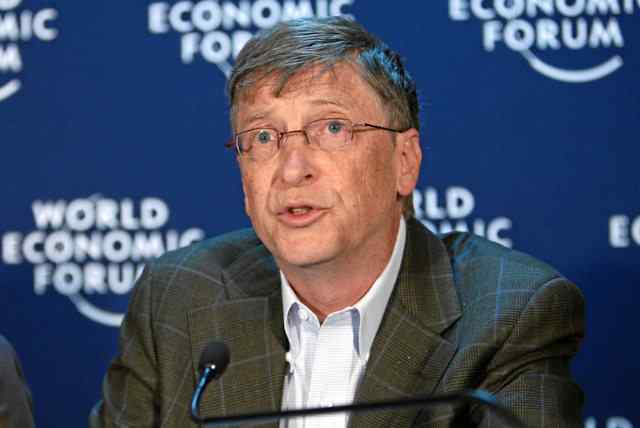Microsoft CEO Satya Nadella has made a commitment to take a stand against “disinformation and misinformation” in the lead-up to the 2024 election. Nadella’s remarks come at a time when there is increasing pressure on Big Tech companies to address the issue of “misinformation.”
However, the concern over tech companies censoring certain viewpoints is a significant cause for worry, especially considering the immense power and influence these corporations already possess, which could potentially sway political outcomes, including elections. Many are concerned that the concentrated power held by these tech giants allows them to arbitrarily determine what qualifies as “misinformation.”
As we have witnessed repeatedly in recent years, the terms “disinformation” and “misinformation” are often used as euphemisms for conservative perspectives. This creates a situation where tech companies suppress conservative information while giving preferential treatment to left-wing viewpoints. This raises concerns about the fairness and impartiality of such moderation, particularly in the context of political discourse and the democratic process. The debate is fueled by the worry that these companies, due to their size and reach, could have an outsized impact on public opinion and electoral processes.
In an interview focused on artificial intelligence (AI) with Microsoft’s Nadella, it was revealed that the company, founded by Bill Gates, intends to combat alleged “disinformation” during the 2024 elections. Nadella announced this plan during an interview with NBC’s Lester Holt on the January 30 broadcast of NBC Nightly News.
When questioned about how AI might either assist or pose a threat to future elections, Nadella’s response seemed to suggest a willingness to utilize technology to censor content in the pursuit of combating what he perceives as “disinformation.”
Nadella stated:
This is not the first election where we dealt with disinformation or propaganda campaigns by adversaries and election interference.
“We’re doing all the work across the tech industry around watermarking, detecting deep fakes and content IDs.
“There is going to be enough and more technology quite frankly in order to be able to identify the issues around disinformation and misinformation.”






